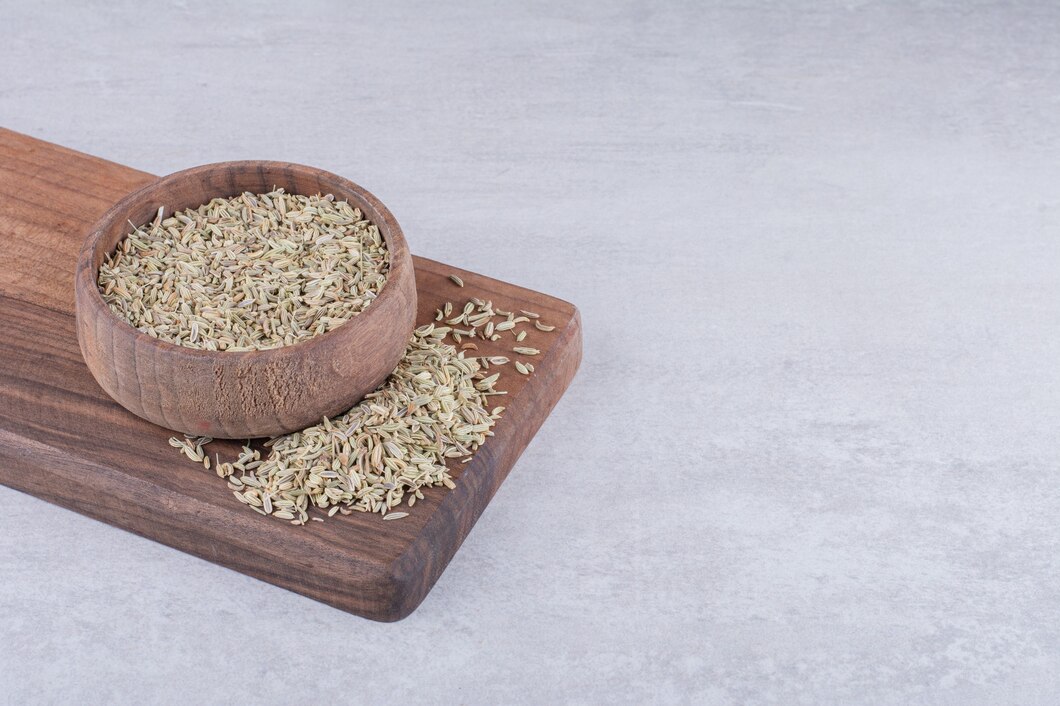The Science Behind Natural Coriander and Its Medicinal Benefits
Coriander, also known as Coriandrum sativum, is more than just a culinary herb. Native to regions of Southern Europe, Northern Africa, and Western Asia, coriander has been valued for centuries in Ayurvedic medicine and traditional remedies. Today, science is catching up, revealing the medicinal properties that have made coriander a staple in kitchens and wellness practices alike.
What Makes Natural Coriander Special?
Natural coriander is rich in phytonutrients, vitamins, and minerals. Its leaves, seeds, and roots all contain bioactive compounds that contribute to its therapeutic benefits. Some of the key components include:
- Linalool: A compound responsible for coriander’s distinct aroma and its anti-inflammatory and antioxidant effects.
- Vitamin K: Supports bone health and aids in proper blood clotting.
- Dietary Fiber: Helps in digestive health and maintaining healthy blood sugar levels.
- Essential Oils: Known for antimicrobial properties, which can help fight certain infections.
Medicinal Benefits of Coriander
1. Supports Digestive Health
Coriander has traditionally been used to ease digestive discomfort. Studies show that coriander can help stimulate digestive enzymes, reduce bloating, and relieve gas. Including coriander seeds or fresh leaves in your diet can improve nutrient absorption and overall gut health.
2. Promotes Heart Health
Coriander contains antioxidants that help lower bad cholesterol (LDL) and promote good cholesterol (HDL). Regular consumption of coriander may contribute to better cardiovascular health by improving blood circulation and reducing inflammation.
3. Helps Manage Blood Sugar
Several studies indicate that coriander can support healthy blood sugar levels. Its seeds, in particular, may enhance insulin activity and aid in controlling diabetes naturally.
4. Fights Infections Naturally
With strong antimicrobial properties, coriander has been used to combat bacterial and fungal infections. Its essential oils can help protect against pathogens and support immune health.
5. Reduces Inflammation and Pain
Coriander’s bioactive compounds have anti-inflammatory effects. It can help reduce symptoms associated with arthritis, swelling, and other inflammatory conditions.
How to Incorporate Natural Coriander in Your Diet
- Fresh leaves: Add to salads, soups, or smoothies.
- Seeds: Roast and grind into powders for seasoning or teas.
- Essential oils: Can be used in small amounts for therapeutic purposes.
For those looking for high-quality, organic Indian herbs online, coriander is a must-have in every wellness pantry.
Choosing the Right Coriander Products
When purchasing coriander, opt for organic and natural options. Many online retailers now offer authentic Indian herbs online, ensuring purity, freshness, and medicinal potency. Look for:
- Certified organic labels
- Free from artificial preservatives
- Sourced from trusted Indian farms
Conclusion
Natural coriander is more than a flavorful herb—it’s a powerhouse of health benefits supported by both tradition and science. From improving digestion to promoting heart health and reducing inflammation, incorporating coriander into your daily routine can enhance overall wellness.
For those seeking high-quality Indian herbs online, coriander and other natural remedies are just a click away, making it easier than ever to bring the healing power of nature into your home.




Comments
Post a Comment